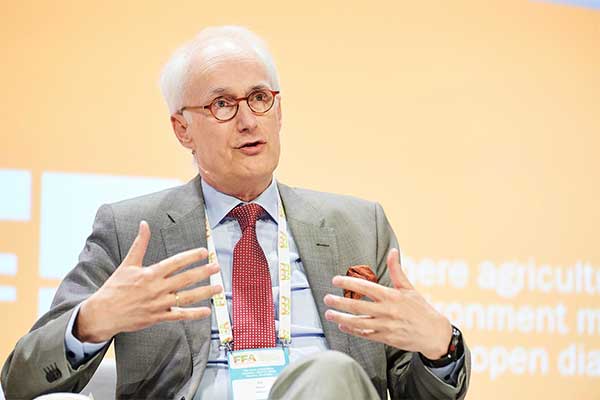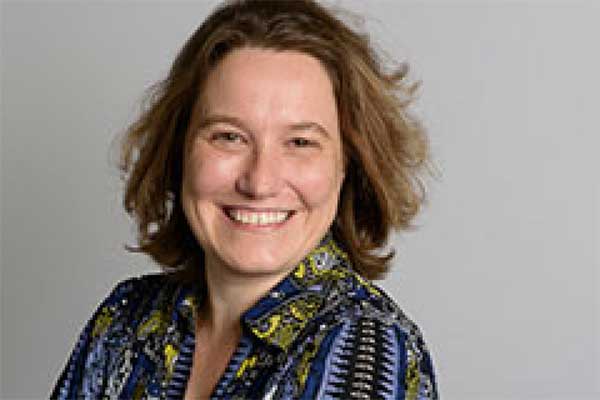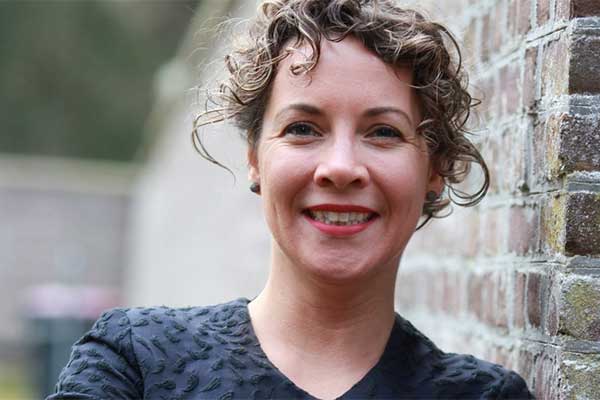This initiative was presented at the end of November during a workshop entitled ‘Let’s make circular plastics work’. At that time the involved parties in the provinces of Friesland, Groningen and Drenthe made a commitment to structurally start working together in order to valorise the opportunities offered by the circular economy, by actively investing in green chemistry, biobased polymers and recycling.
‘Plastics is a major universal theme. It is steadily gaining attention,’ said Quartermaster prof. Rob Hamer (Hademar Holding) during the webinar. ‘As a result of regulations, there is steadily increasing pressure on fully closing the plastics chains. We aim to be at the forefront in this area and to be the best in Europe.’
Projects Portfolio
The core of the cooperative effort consists of a projects portfolio. At the present time the projects portfolio contains 36 projects with a collective investment value of €320 million. For example, this includes projects relating to the new biodegradable polymers, such as PHA, the use of XL 3D printers, the upcycling of polyester, as well as green chemistry for the purpose of making building blocks for biopolymers. The goal is for such projects to become flywheels that will accelerate the region’s economic development. It is expected that within ten years at least 150 small and 5 large companies will be attracted here with a total of approximately one billion in new business investments.
The initiative is to create 6,000 new jobs and to result in an integrated research and education plan. Knowledge institutes will increase their cooperation to optimise their knowledge infrastructure and to profile themselves as ‘The University of the North’. For example, the University of Groningen (RUG) together with the NHL Stenden University of Applied Sciences created a hybrid department in the field of sustainable polymers. Prof. Katja Loos (RUG): ‘The good thing about this is that you can work together at multiple TRL levels.’
The governments (the three provinces and the municipalities of Heerenveen, Het Hogeland, Delfzijl and Emmen) will be the necessary preconditions for this, such as an attractive business climate, permits, housing, mobility, etc. In addition, they will be supporting the transition by increasing their circular purchases. Alderman Hedwich Rinkes of the municipality of Heerenveen: ‘This way we not only work on solving the plastics problem, but also on improving earnings capacity and employment.’
Action Plan
In addition to the projects portfolio, an action plan is also being developed in which the initial pillars will be identified that are to help get the plan off the ground. Hamer: ‘Within the pillars we bring initiatives from the chemical, recycling and biobased sectors together and empower them even more. I am enthusiastic about this. Because the more dynamism, the more opportunities.’
This article was created in cooperation with Chemport Europe.
Image above: Chemport Europe








